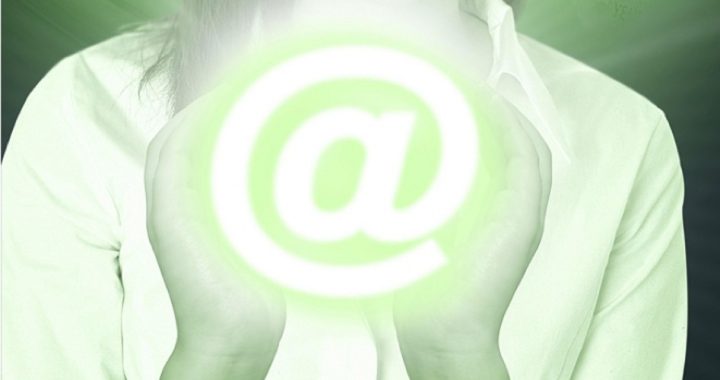
During a 10-minute period one day in November 2008, British spies vacuumed up 70,000 e-mails to and from journalists at major media outlets in the United States and the U.K. And they did it with the blessings of Washington.
Thanks to the Snowden leaks, many Americans are familiar with the surveillance that the NSA and other agencies are conducting on American citizens and citizens of other nations. It is not only U.S. agencies that are spying on our communications; GCHQ, the U.K. equivalent of the NSA, has been conducting is own comprehensive surveillance for quite some time now. The Guardian reported last month that the British agency “has scooped up emails to and from journalists working for some of the US and UK’s largest media organisations.” While not really a revelation in itself, this is bold, specific confirmation of what many have known since Edward Snowden came forward. We are being spied on, not only by nosy corporations and our own government, but by our “allies” as well.
After WWII, the Allies formed the Five Eyes — an intelligence alliance made up of the United States, the U.K., Australia, Canada, and New Zealand — to allow for sharing of signals intelligence (SIGINT) between the member nations. The reach of the alliance was expanded during the Cold War — ostensibly to monitor the communications of the Soviet Union and her satellites — and the ECHELON program was launched. After 9/11, the SIGINT capabilities of the Five Eyes was expanded to include “the vast majority of human and computer-to-computer communications — device based communications — which sort of inform the relationships between humans,” according to Snowden in his interview with Ewen MacAskill in the documentary Citizen Four. He adds that these communications are “automatically ingested, without targeting, and that allows individuals to retroactively search your communications.”
So, gone are the film noir images of trench-coated agents cloistered in a dark basement somewhere listening to scratchy real-time surveillance over large headphones, anxious not to miss that one important piece of information. Now they simply call up all the logs of anyone, from any time frame, and sort through them at leisure. Computers search for key words to trigger an alert, and then individuals read or listen or watch. It is surveillance almost without limits.
With several supranational agencies sharing their data, each of them is able to circumvent the laws of their respective nation by not collecting information they are is not allowed to collect. They simply get that data from an ally that did the spying for them. In this case, GCHQ was scooping up information on the personal and professional communications of U.S. journalists — a clear invasion on the rights of a free press.
What is particularly troubling about GCHQ’s surveillance of media is the agency’s view of journalists as enemies. One secret internal GCHQ document leaked by Snowden says that “journalists and reporters representing all types of news media represent a potential threat to security.” The e-mails collected by GCHQ were from the BBC, Reuters, The Guardian, the New York Times, Le Monde, The Sun (U.K.), NBC, and the Washington Post — showing that the agency is casting quite a wide net.
The gathering of journalists’ e-mails appears to have been a testing of the spy agency’s newest tools to see how well they remove irrelevant data from what is gathered. Media have responded much as would be expected, calling for stricter laws to protect privacy. The Guardian also reported, “More than 100 editors, including those from all the national newspapers, have signed a letter, coordinated by the Society of Editors and Press Gazette, to the UK prime minister, David Cameron, protesting at snooping on journalists’ communications,” though considering the lows to which government snoopers on both sides of the Great Pond have stooped, the letter of protest will not likely have much impact.
It is interesting that knowing what he did about the SIGINT capabilities of the Five Eyes, Edward Snowden still reached out to journalists. The real point worth noting is also covered in Citizen Four. Snowden originally contacted Glenn Greenwald and asked him about setting up a secure line of communication using what is known as end-to-end encryption. Since Greenwald was not technical enough in his knowledge to set that up, Snowden reached out to Laura Poitras to ask her to help Greenwald. Once encrypted communications were possible, Snowden felt safe enough to begin the dialog that eventually led to the largest leak of documents related to government surveillance ever made.
Hopefully, now that the cat is out of the bag, more people — including journalists — will learn to use the same tools Snowden used. That, along with pressure on lawmakers, would go a long way to putting an end to the digital tyranny of the Five Eyes.




